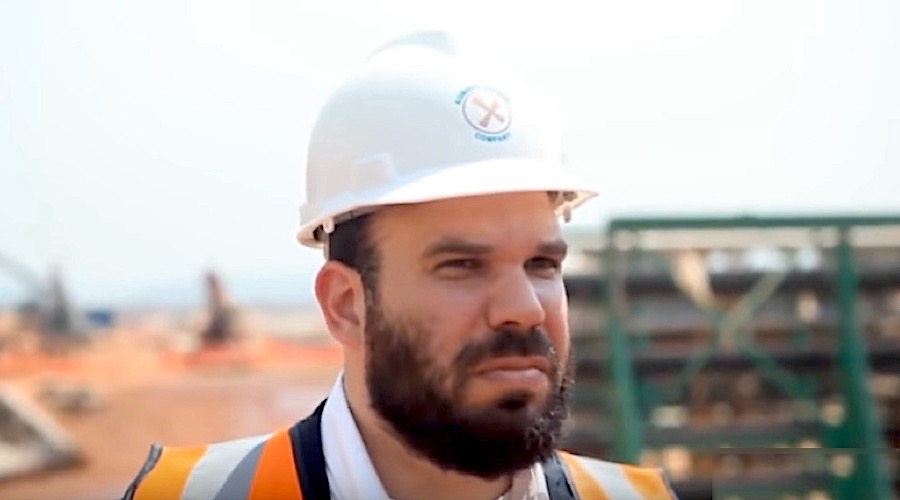Biden open to easing sanctions on billionaire Gertler in return for Congo exit

The US government is open to easing sanctions on billionaire mining magnate Dan Gertler if he gives up his business operations and assets in the Democratic Republic of Congo, where Washington’s interest in critical minerals has run up against his problematic royalties ownership.
The Treasury Department is willing to grant limited sanctions relief to Gertler, an Israeli citizen, as a way to get him to exit from Congo completely, including relinquishing his royalty streams on three strategic projects, according to two US officials, who asked not to be identified as the talks are ongoing.
The mines are rich in copper and cobalt, a key ingredient in most electric vehicle batteries and which is almost exclusively mined in Congo. While Chinese miners have thrived in the Central African country, Western investors have been reluctant, in part because of a legacy of corruption.
The US sanctioned Gertler in 2017 for what it said were hundreds of millions of dollars’ worth of opaque and corrupt mining and oil deals in Congo under the previous administration of President Joseph Kabila. In the waning days of his presidency, Donald Trump granted Gertler a one-year reprieve after repeated requests from the Israeli government, but that was canceled early in the Biden administration.
The willingness to loosen sanctions to purge Gertler from the projects stems in part from the US push to boost investments in critical minerals needed for electric vehicles from sources not tied to Chinese firms that dominate the industry. The US stance was first reported by the New York Times.
Gertler has never been charged with a crime and denies any wrongdoing. Gertler and his US-based lawyers didn’t respond to emailed requests for comment.
He cut a deal with Congo in 2022 to give back some of his assets in exchange for help lobbying the US government to lift his sanctions. But as part of the agreement, he retained his royalties in the world’s biggest non-Chinese sources of cobalt.
Those royalty streams have enriched Gertler by hundreds of millions of dollars from metal projects owned by Eurasian Resources Group and Glencore Plc, according to calculations made by Congo Is Not For Sale, a consortium of Congolese and international anti-corruption groups.
The difficulty stopping the ongoing royalty payments and the inevitable depletion of the mining assets prompted the US to make the offer after long debate, according to an official with direct knowledge of the talks who asked not to be identified discussing private conversations.
Glencore declined to comment, while ERG didn’t respond to emails requesting comment. Congo’s government didn’t immediately provide comment when contacted Thursday by text message, and the office of President Felix Tshisekedi didn’t respond to text messages requesting comment.
“To pay him again for things he acquired illegally and from which he’s already profited, for me, truly, it’s rewarding corruption,” said Jean Claude Mputu, spokesman for Congo is Not for Sale. “We should not being paying Gertler any more,” and Congo’s government should claw back previous payments, he said.
Mputu, who received a State Department international anti-corruption award in December, is one of several people and organizations facing lawsuits from Gertler for their investigations into him.
Gertler will be required to drop those cases as part of any sanctions relief, according to the official with knowledge of the offer. He will also need to submit to an audit of his assets and put half of any proceeds of his royalty sales in escrow, the person said.
The license is not a full lifting of sanctions and will allow the US government to reinstate them.
Gertler grew up in one of Israel’s most prominent diamond families. He first came to Congo in 1997 to trade diamonds and struck up a friendship with Kabila that led to billions of dollars worth of investments in minerals and oil blocks.
(By Iain Marlow, Daniel Flatley and Michael J. Kavanagh)
{{ commodity.name }}
{{ post.title }}
{{ post.date }}




Comments